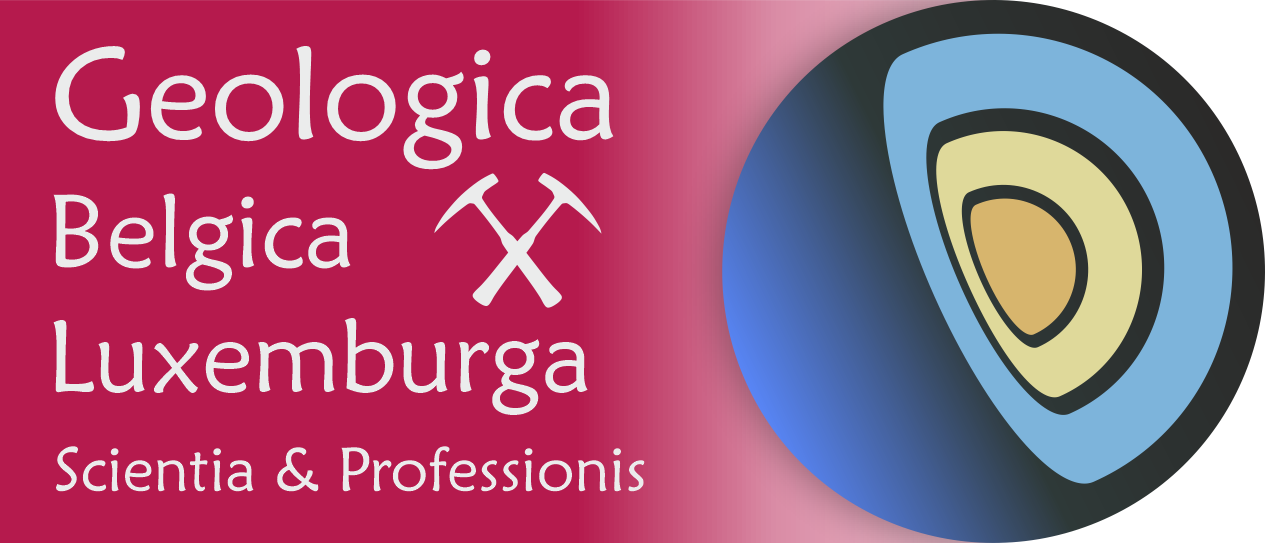NEW SEDIMENTOLOGICAL AND PETROGRAPHICAL OBSERVATIONS ON THE DEVONIAN BURNOT FORMATION IN THE BELGIAN RHENOHERCYNIAN BASIN
Laboratorium voor Mineralogie en Petrologie, Universiteit Gent, Krijgslaan 281-S8, B-9000 Gent, Belgium. E-mail: cedric.corteel@rug.ac.be
Laboratorium voor Mineralogie en Petrologie, Universiteit Gent, Krijgslaan 281-S8, B-9000 Gent, Belgium.
Laboratorium voor Paleontologie, Universiteit Gent, Krijgslaan 281-S8, B-9000 Gent, Belgium.
Abstract
The sediments of the Emsian/Eifelian Burnot Formation are generally considered to be littoral deposits. New field observations at the stratotype sections at Profondeville confirm these ideas for a part of the deposits and indicate that they bear deltaic and other river mouth characteristics. In other parts of the outcrops the sediments were more likely fluviatile and this has of course some consequences with respect to their provenance. The first results of a renewed microscopic study indicate (1) the presence of volcanic and thermometamorphic rock fragments in the conglomerates of the Burnot Formation, (2) that these conglomerates were the site of a post-depositional thermal event and that (3) part of the sand-sized grains of quartz and tourmaline that occur in the groundmass of the conglomerates crystallised in situ from mineralising fluids, after the deposition of the rocks. Because of its dual occurrence as crystals in the matrix and as the major constituent of the well-known tourmalinite pebbles, tourmaline is studied in more detail, revealing new evidence with respect to its origin.

